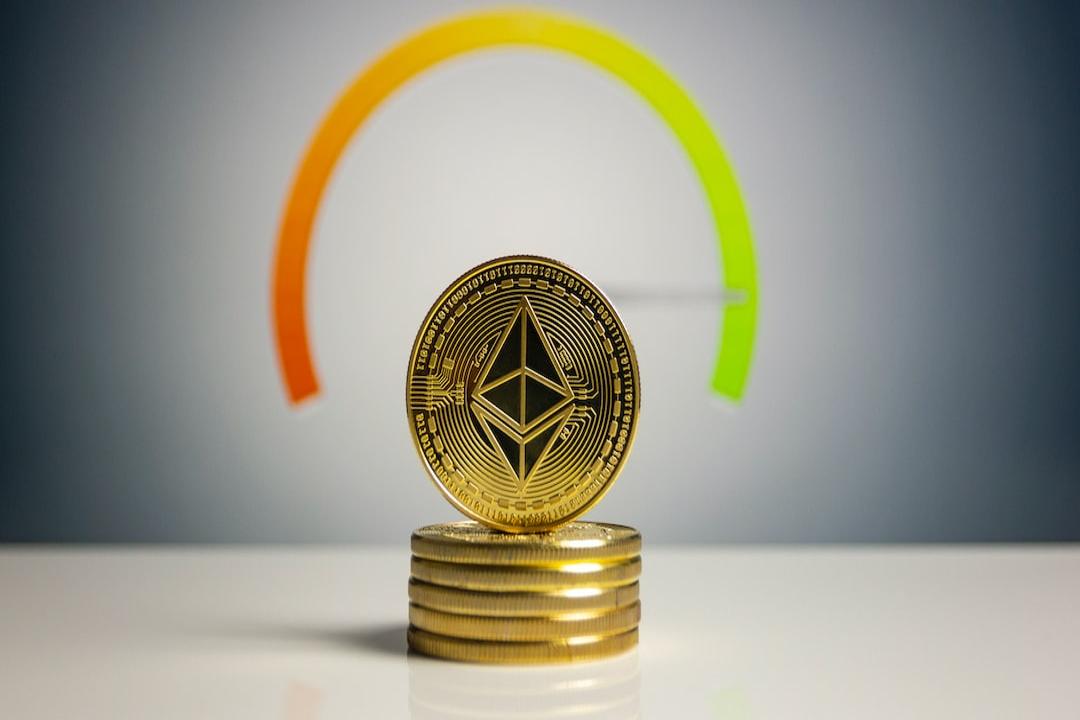
Author: Deep Tide TechFlow
“In the world of cryptocurrencies, it’s all about making money, who plays games?” This consensus in the minds of the “leeks,” if interpreted in reverse, probably means that players in the traditional gaming circle probably wouldn’t think about making money. However, reality shows that no one dislikes freebies.
Within the circle, Notcoin and Hamster Kombat have popularized the “click to earn money” free games mode; coincidentally, this trend of milking sheep has also reached the most popular platform in the traditional gaming circle, Steam.
In recent weeks, a free game called Banana suddenly went viral on Steam, to an extent that was too outrageous. According to official Steam statistics, at the time of writing, Banana’s concurrent online player count has exceeded 750,000, topping the Steam platform’s list of concurrent players.
Being beaten down by Banana, the classics like CS2, DOTA, PUBG, and Destiny 2, which are behind in the rankings, are games that even non-players have heard of, each known for their gameplay and competitiveness.
What’s more interesting is that this Banana game is only 60MB in size, truly a small game. Choosing to play Banana over popular games, what’s the catch?
Steam version of Notcoin, just click to make money
Different games, same human nature. Banana is actually a typical free game that allows you to earn money without any understanding or learning costs. All you have to do is click like Notcoin and then open the expectation of making money.
In terms of gameplay and interface, this Banana game is even simpler than Notcoin: it gives you a picture of a banana that you can click with the mouse; as you click, the number on the banana increases, that’s it.
Through your clicks, a regular banana will drop after 3 hours, and a special quality banana will drop after 18 hours. The mainstream process of the game becomes: enter the game, click the banana, wait a while, and get the banana.
For readers not familiar with Steam, the platform itself has an “inventory” feature, where after playing a game, related items drop into your inventory; these items could be a badge or some props, in short, they are peripheral souvenirs related to the main game to enhance player participation and stickiness.
And these dropped bananas are far more lucrative than souvenirs filled with money.
Due to the built-in secondary market on Steam, you can directly list these dropped bananas on the market. The big question then arises, how much are different types of bananas worth?
Doesn’t it have a bit of an NFT market vibe? The valuation of a virtual item is entirely market-driven, depending on supply and demand.
Currently, the most expensive banana on the market is called Crypticnana, with a price of 8300 RMB. Considering the game is completely free, such a price seems very tempting.
The author speculates that some sharp market traders have already sniffed out the scent of making money, and various behaviors of buying and selling to raise prices have probably taken place.
Clicking, dropping items, selling items, and even creating traders and market-making activities around items, who says the gaming circle doesn’t engage in speculation?
However, buying and selling bananas will incur a higher transaction tax on the Steam platform. For virtual items with a selling price above $10, the final cut is 5% or more, somewhat similar to Opensea’s 5% tax.
And this tax inevitably means that high-priced bananas have low transaction volume and poor liquidity; low-priced bananas clearly have greater liquidity and faster turnover. Additionally, certain special bananas clearly have more cultural value, like the dog banana shown in the image, the connotations of which are self-explanatory.
Speculation is human nature
In the world of cryptocurrencies, similar images may provide a layer of technical narrative to increase faith – after all, this image is an NFT, indivisible and indestructible.
Yet, these bananas on Steam aren’t even NFTs, just normal images that drop. If the game itself shuts down or Steam servers crash, these things will disappear as well.
But even so, it still can’t resist the instant enthusiasm for speculation.
The great philosopher Marx’s “Capital” is true: whether it’s an NFT or not, speculation is the nature of our species.
This banana, seemingly harmless in a small game, actually creates a good interactive interface and trading market for speculation, where virtual things can generate high speculative value.
Therefore, in the matter of speculation, the stigmatization of the crypto circle and Web3 is actually inevitable because it creates too much convenience for speculation.
However, the banana game on Steam also proves that the crypto circle and speculation aren’t always tied together, but as long as there’s a space conducive to speculation, any platform will be tied to speculation.
No one can resist clicking to make money, and on the more widely known Steam platform, the banana game is still running wild.
Web2 and Web3 have never been in opposition; in the world of different information structures, it’s filled with speculators.
This article is authorized and reproduced from Deep Tide TechFlow.
Successful Conclusion of CoinEx Taiwan’s 7th Anniversary Celebration, Embracing the Arrival of the Web3 Era Hand in Hand with Users
Since its establishment in 2017, CoinEx has been a professional cryptocurrency trading pla…
